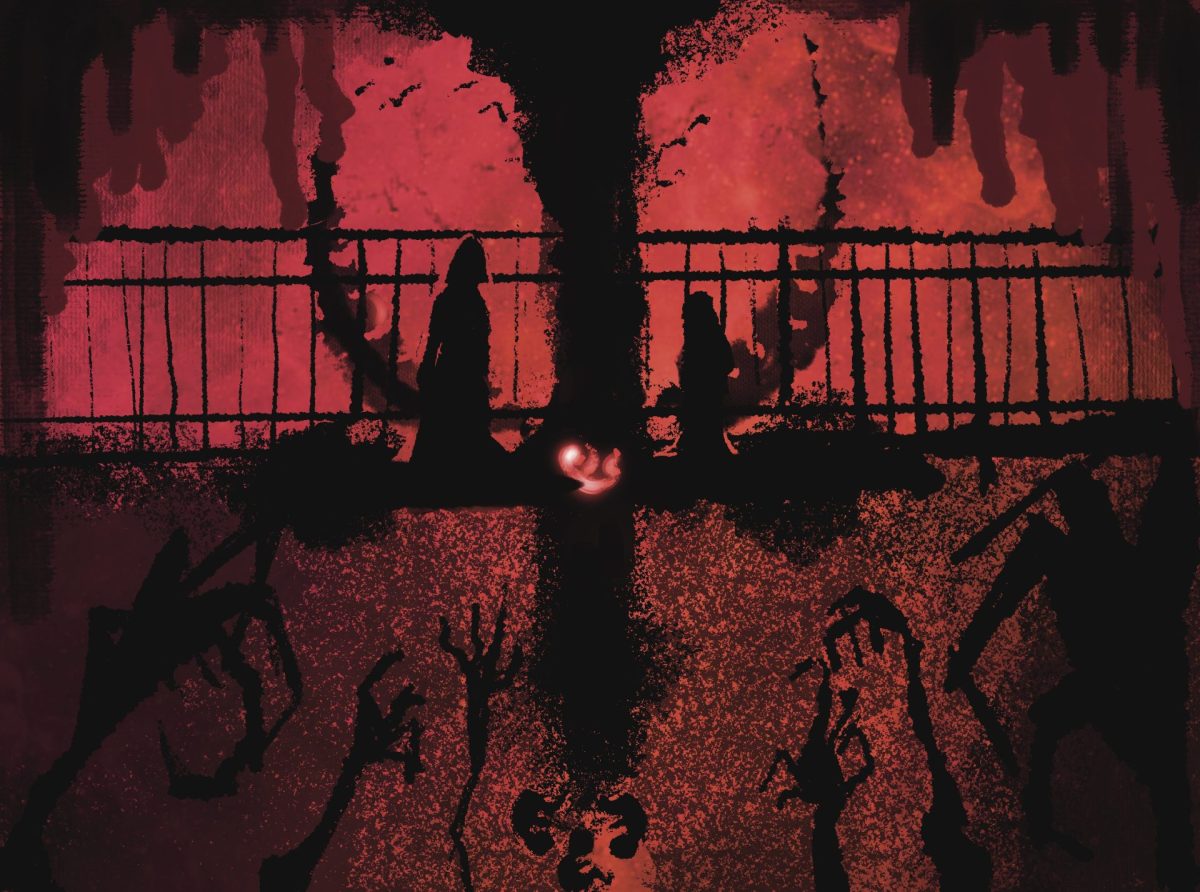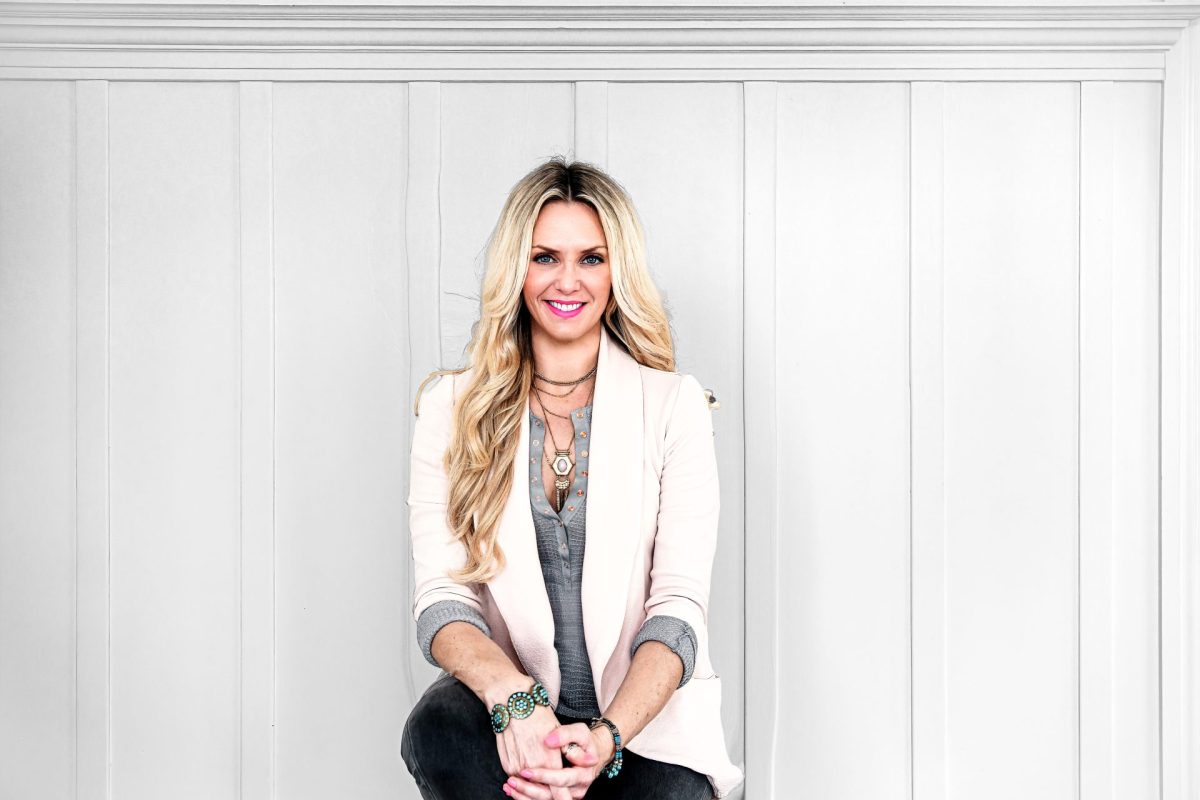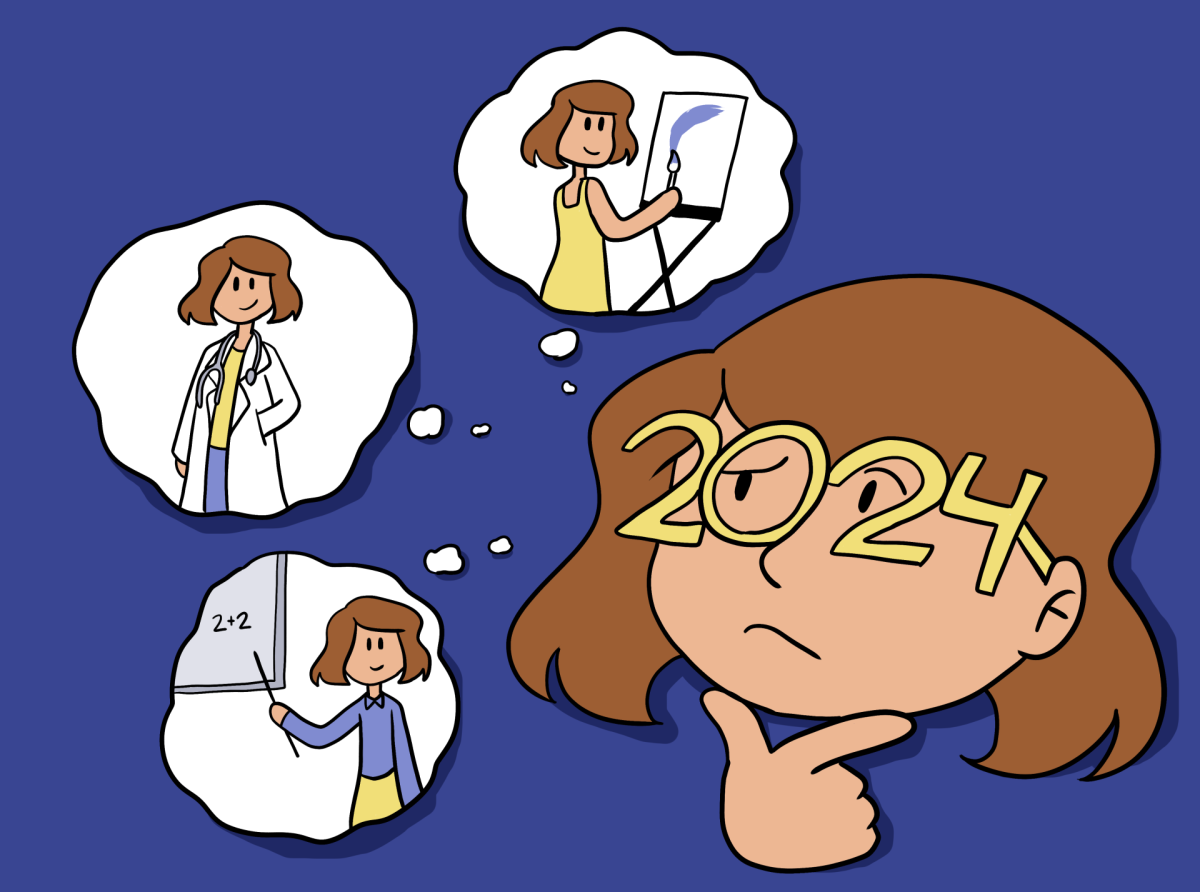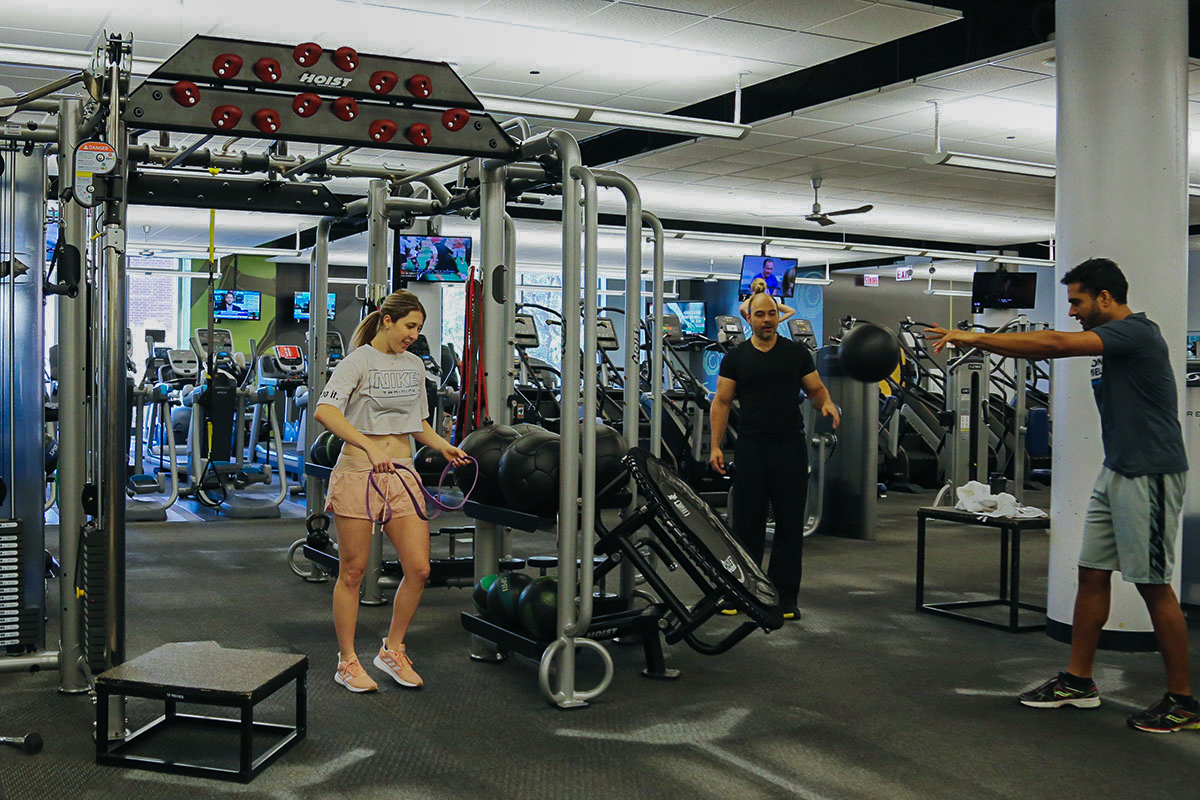Actress Michelle Rodriguez, known for her starring roles in the “Fast & Furious” franchise and “Avatar,” has been criticized for her demeaning remarks towards the transgender community for her role in Walter Hill’s “(Re)Assignment.” The movie follows Rodriguez as a hitman who is forced to undergo a sex change, because a psychopathic doctor. When asked at the 2016 Toronto International Film Festival, if her role was offensive towards individuals who identify as transgender, Rodriguez responded with, “are they mad that somebody decided to take their branded transgender operation and use it on heterosexual people?” She goes on to relay that if a transgender person was given the role, the question of profitability would come into play.
With transgender representation in the media becoming more apparent with actresses like Laverne Cox, and shows such as Oxygen’s “Strut” and Freeform’s “Becoming Us,” Rodriguez’s commentary serves as a back pedal for progress.
LGBTQA Student Services Coordinator, Katy Weseman expresses how the main concern encompassing Rodriguez’s film is that the review is not representative of the core group being affected.
“In any social justice work, it’s paramount that we hear from those who are experiencing marginalization, about their experiences living in whatever identities are being spoken of,” said Weseman. “Those words are coming from someone who doesn’t identify as trans. You’re not hearing a trans person’s perspective on trans people being casted or trans affirming surgery. It’s someone who identifies as cis, making problematic comments.”
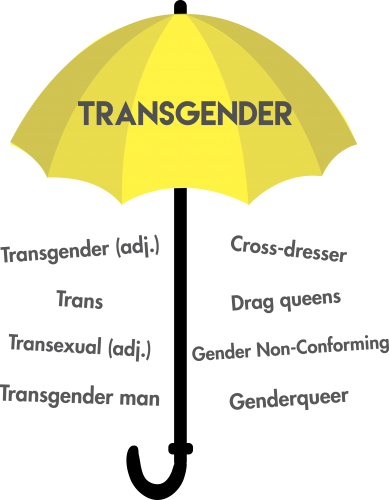
For sophomore Terrance Fulton, what’s even more disturbing is the lack of compassion Rodriguez held towards a community that has had to fight, and continues to fight in contemporary society.
“The right to be a transgender person faces so much opposition,” said Fulton. “Being transgender is a lifestyle, people had to fight for within their families (and) communities. For her to make light of a struggle is very distasteful.”
Junior Elon Sloan, who identifies as transgender non-conforming, looks at the controversy as being a marketing strategy that only further exploits transgender individuals.
“Michelle Rodriguez doesn’t understand what it to means to be trans, and is using the contemporary fascination with trans people, and the idea that trans people are new, to market this movie,” said Sloan. “It seems like this is leveraging the fact that people who identity as trans are going to be upset, to get something talked about in a way it wouldn’t be otherwise.”
People think that the easiest solution is getting someone who identifies as trans to portray this character. However, Weseman believes that the concern should be more on the plot, and less on the actual role.
“I would focus more on what is the plot, rather than who should be playing the role. What’s really going on with a violence that involves gender, specifically done on to someone? We should examine what’s going on there,” she said.
This wouldn’t be the first circumstance in which having a trans person portray a problematic character or storyline was questioned. In Fox’s upcoming reboot of “The Rocky Horror Picture Show,” actress Laverne Cox plays Dr. Frank-N-Furter. Cox, known for her pivotal role in “Orange is the New Black,” and her upcoming role in “Doubt,” has received wary feedback for her part in the remake. Many wonder the effect of having a transgender woman play a crossdresser, and if that serves as strong representation.
Although Sloan gives credit to ‘Rocky Horror’ for being monumental for gender non-conforming identities, they are skeptical, simply due to the credibility Cox has established with trans representation.
“For a lot of queer and trans people, ‘Rocky Horror’ is that first taste of seeing someone with a gender presentation that you wouldn’t expect,” said Sloan. “But I don’t think anyone would lift ‘Rocky Horror’ up and say this is how we want to be represented. It makes a lot of people nervous to see someone so important to the community in a role like that.”
Honestly we need to see more transgender actors and actresses playing a variety of roles. We need to see transgender actors and actresses playing cis people. – Katy Weseman, LGBTQA student services coordinator
Weseman understands how one could be skeptical of the matter, but believes audiences should keep in mind, that the umbrella of trans identity looks different for every person.
“It’s complicated because the spectrum of trans is so large,” said Weseman. “Thinking about how the idea of trans can be problematized, I think there are many intersections of what we think of as transvestite and what we think of as transgender. Yes, those are different identities, and they’re connected.”
Weseman goes on to encourage that more of this intersectionality be implemented into the media.
“They don’t need to only play trans people. Laverne Cox can play someone who identifies as any one of a number of different identities,” said Weseman.
Fulton agrees that with the more audiences are shown these identities, the better they can get educated.
“Everywhere you look transgender people are on our screens, on our newspapers, (and) they’re on the Internet,” said Fulton. “If you let people know of their presence, people are going to have face the reality these people are here, and here to stay. Either you get with it, or you get left behind.”
When social identities are being portrayed, whether on the big screen or in our living rooms, people need to be aware of the complexities of problems that could arise. Simply saying that someone is apart of the community being discussed is not a pass to make whatever they please.
For Sloan, in order for progress to be truly made, society needs to be comfortable in putting the power in different hands.
“People need to have agency in the art that they are creating and taking part in,” Sloan said.
“We need to start paying attention to media created by trans people. Space has to be created and power has to be taken away from dominant identities before trans people, and other marginalized identities can be created.”



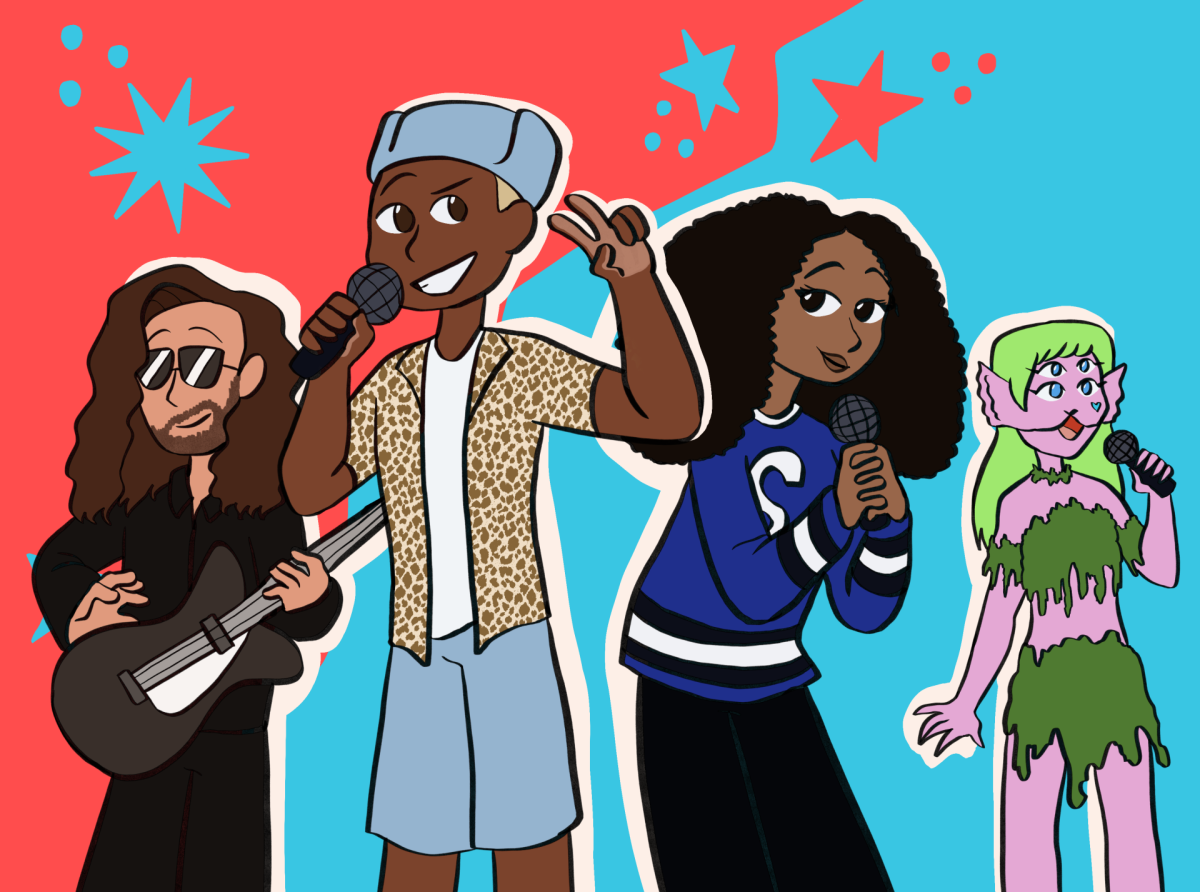
![DePaul sophomore Greta Atilano helps a young Pretty Cool Ice Cream customer pick out an ice cream flavor on Friday, April 19, 2024. Its the perfect job for a college student,” Atilano said. “I started working here my freshman year. I always try to work for small businesses [and] putting back into the community. Of course, interacting with kids is a lot of fun too.](https://depauliaonline.com/wp-content/uploads/2024/04/ONLINE_1-IceCream-1200x800.jpg)

